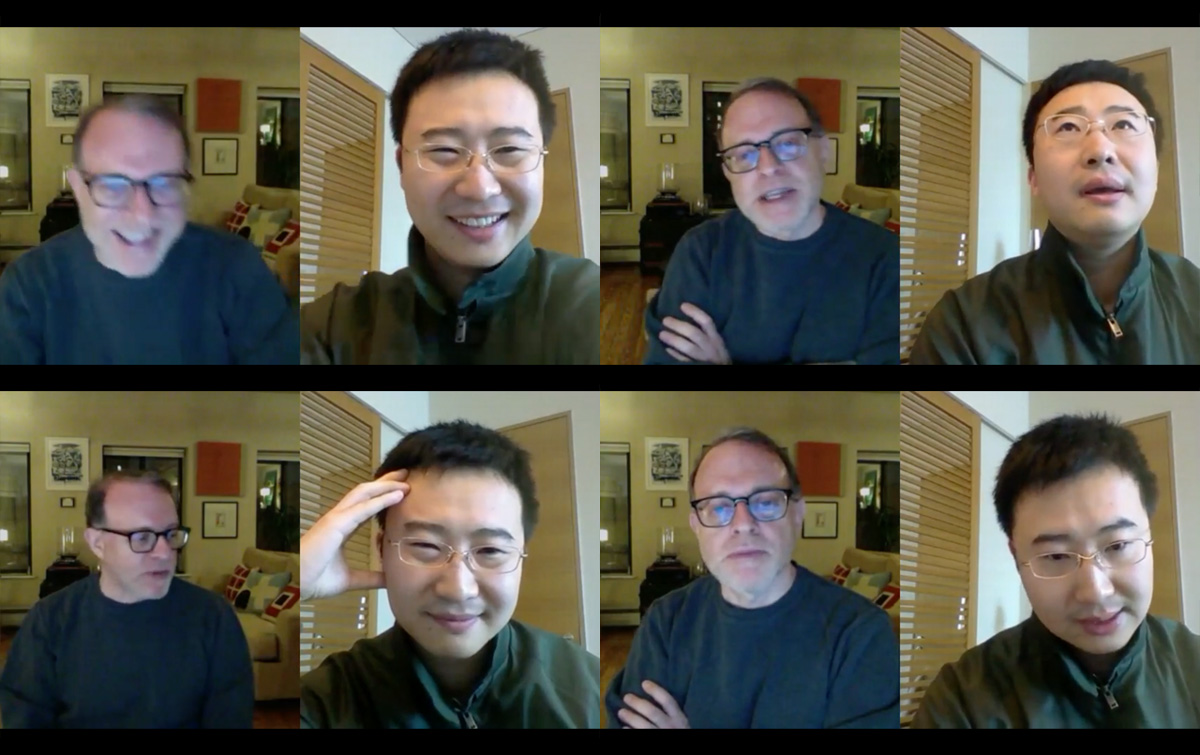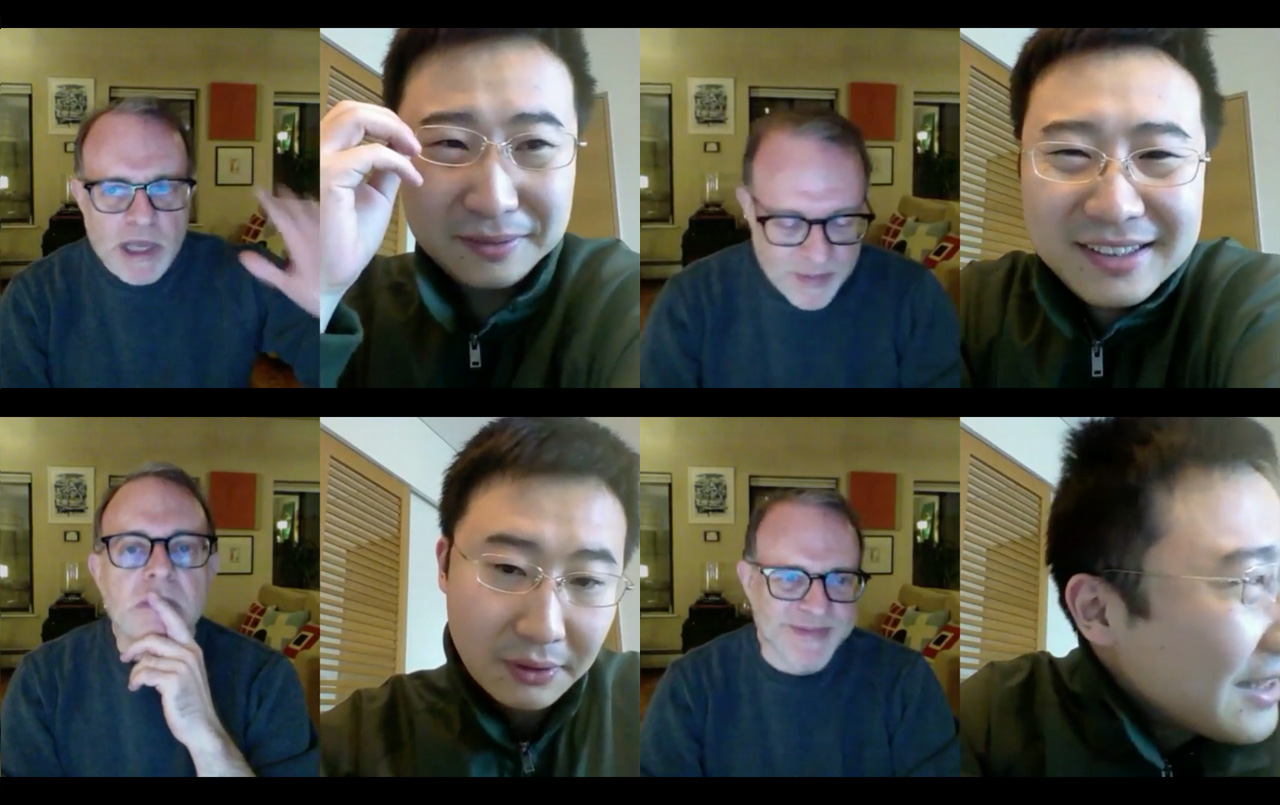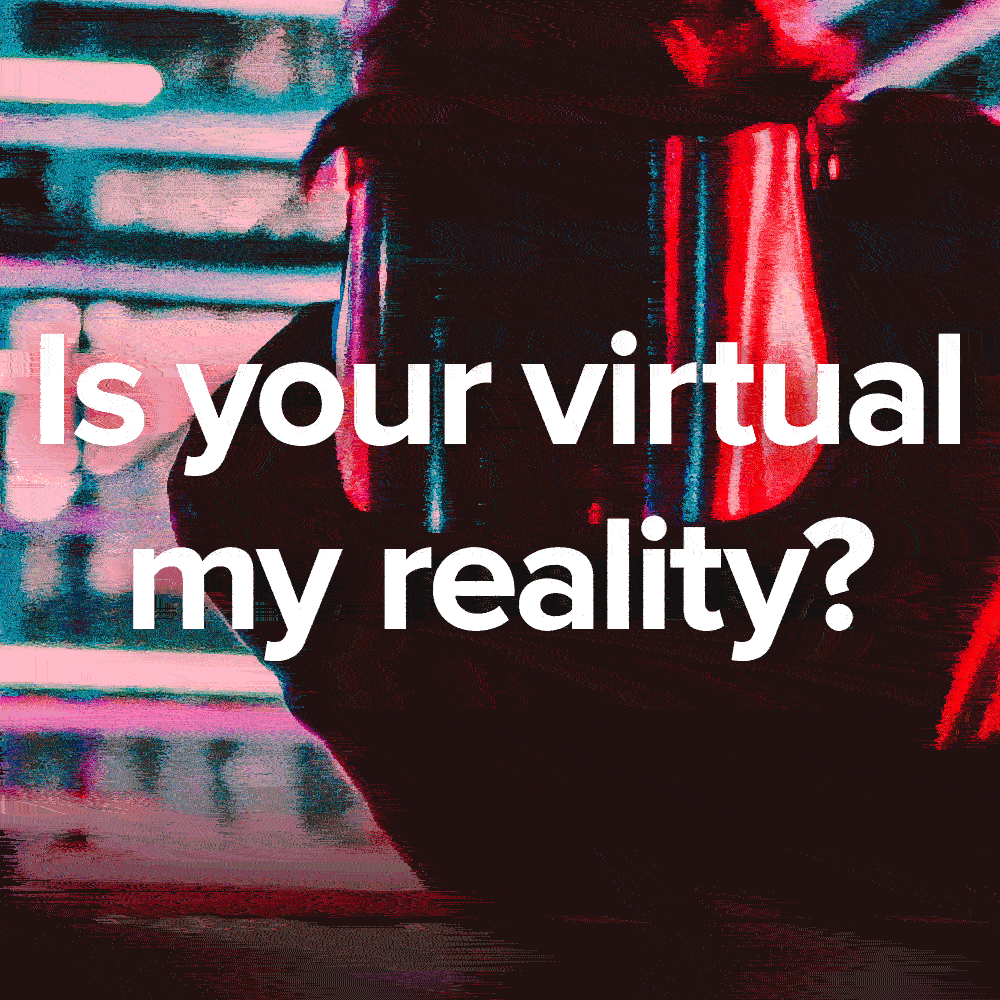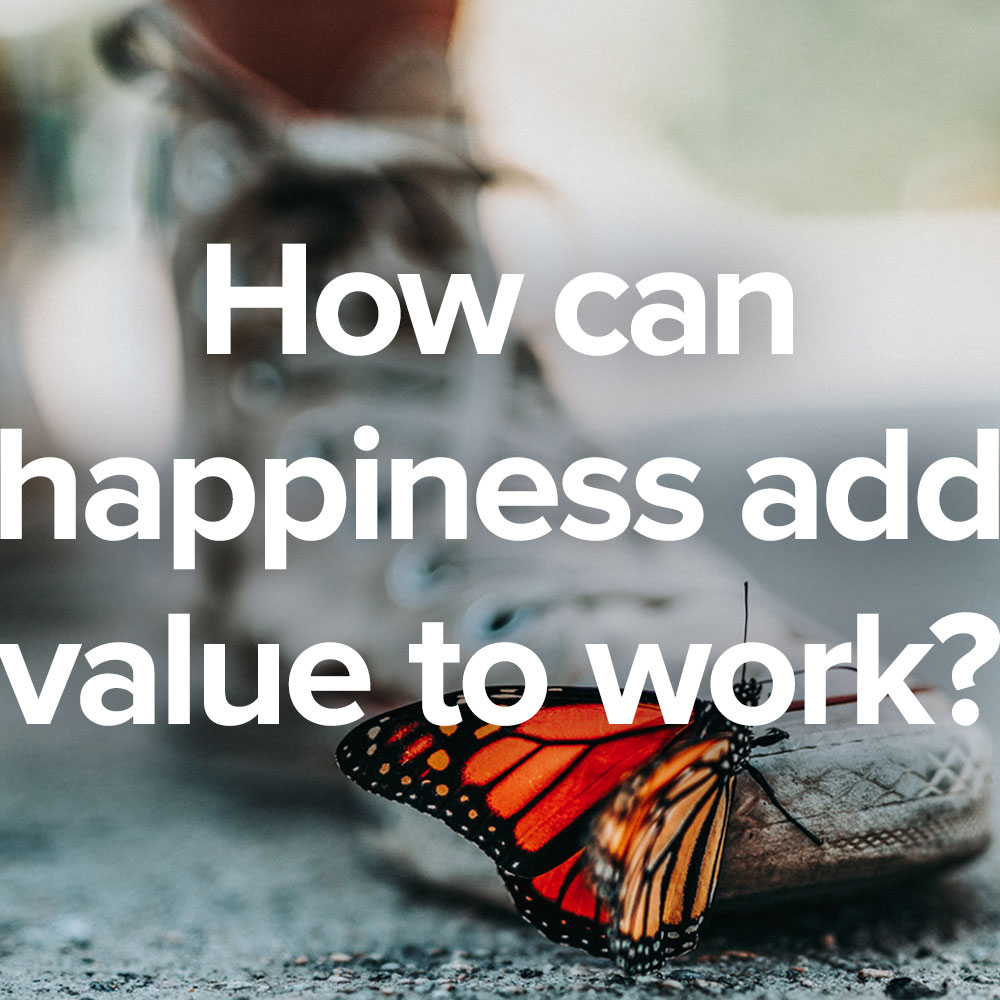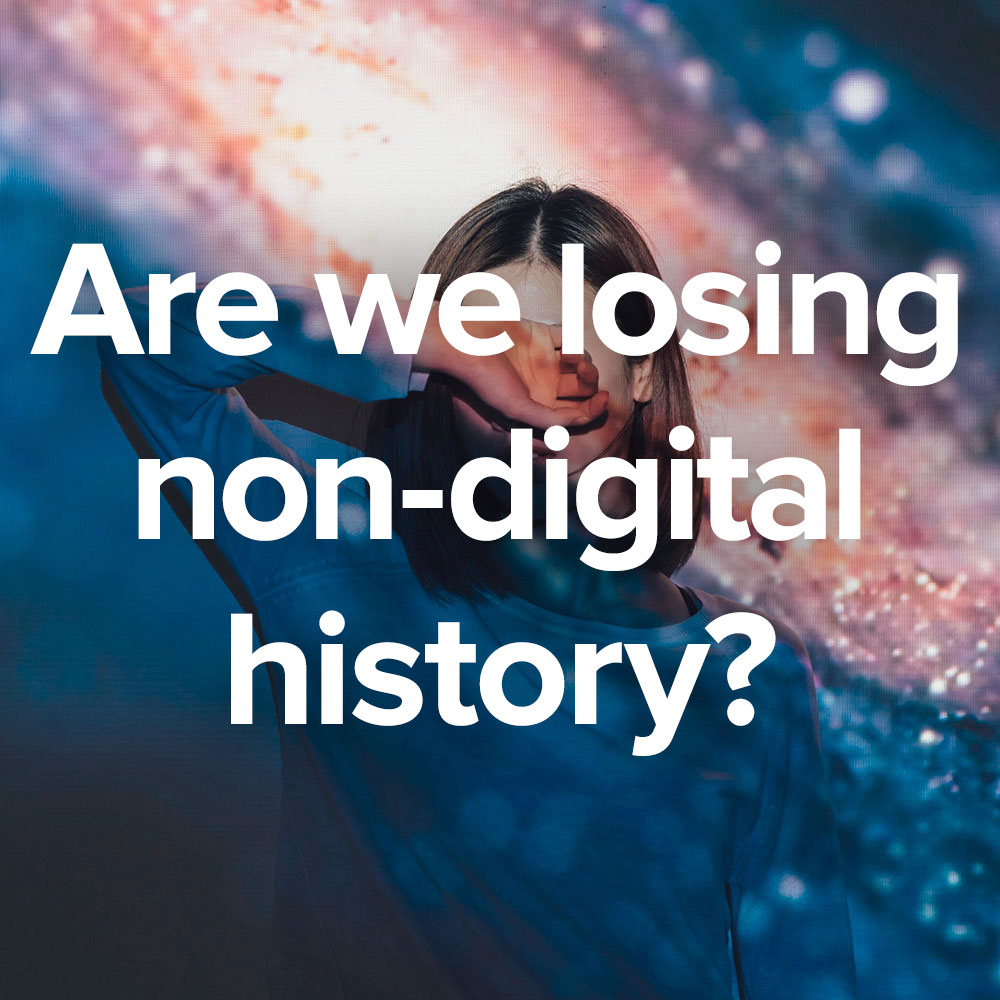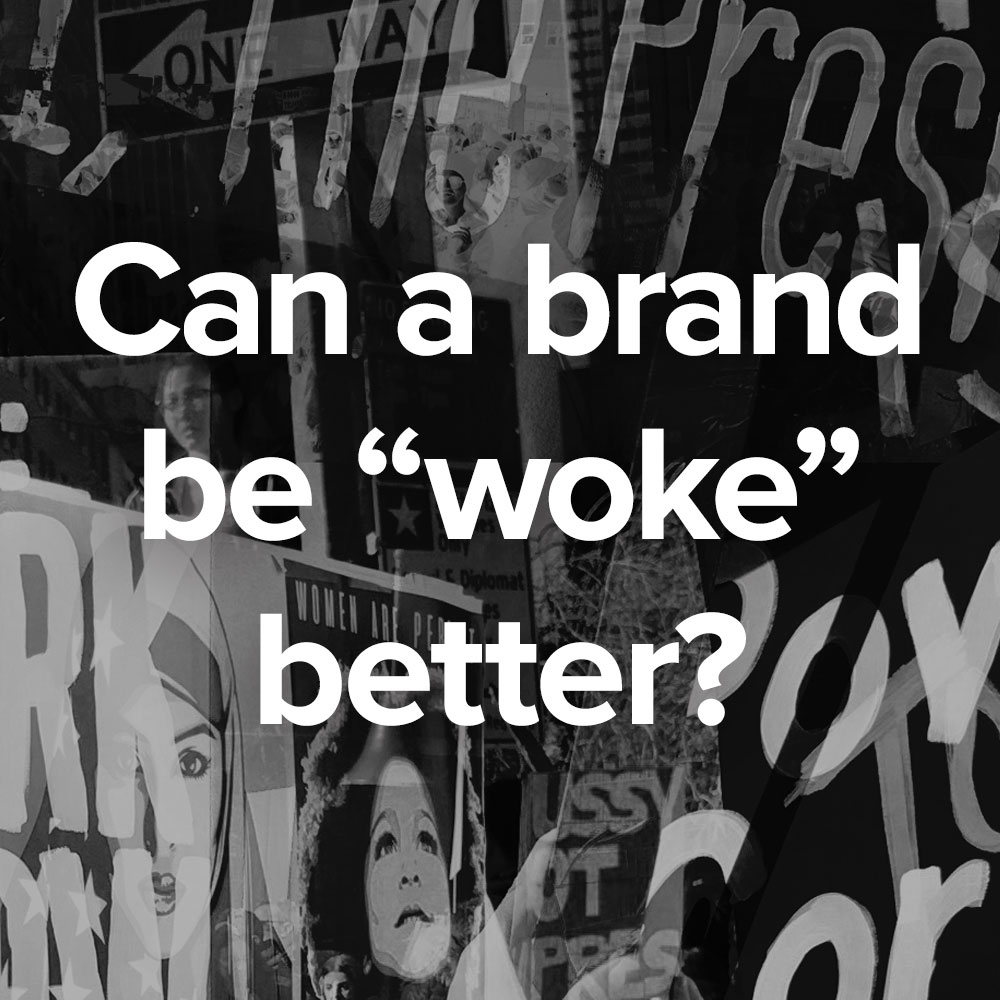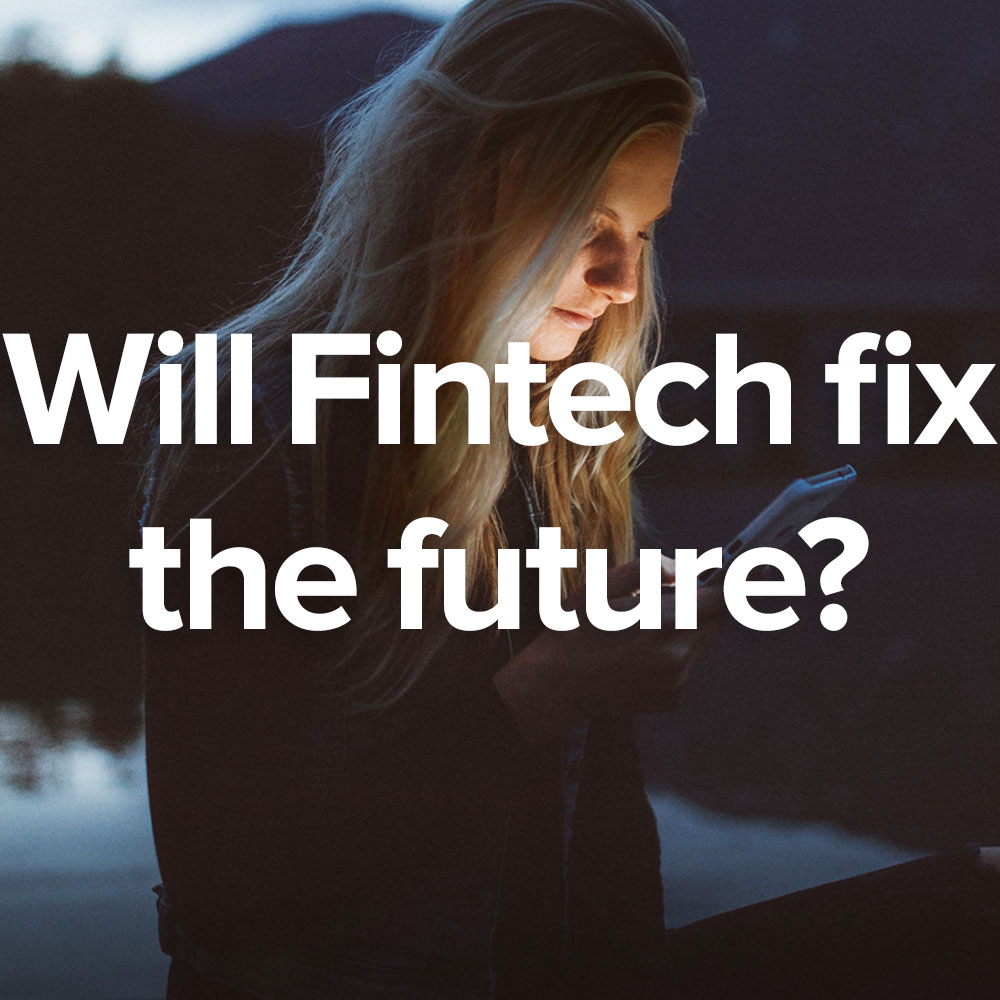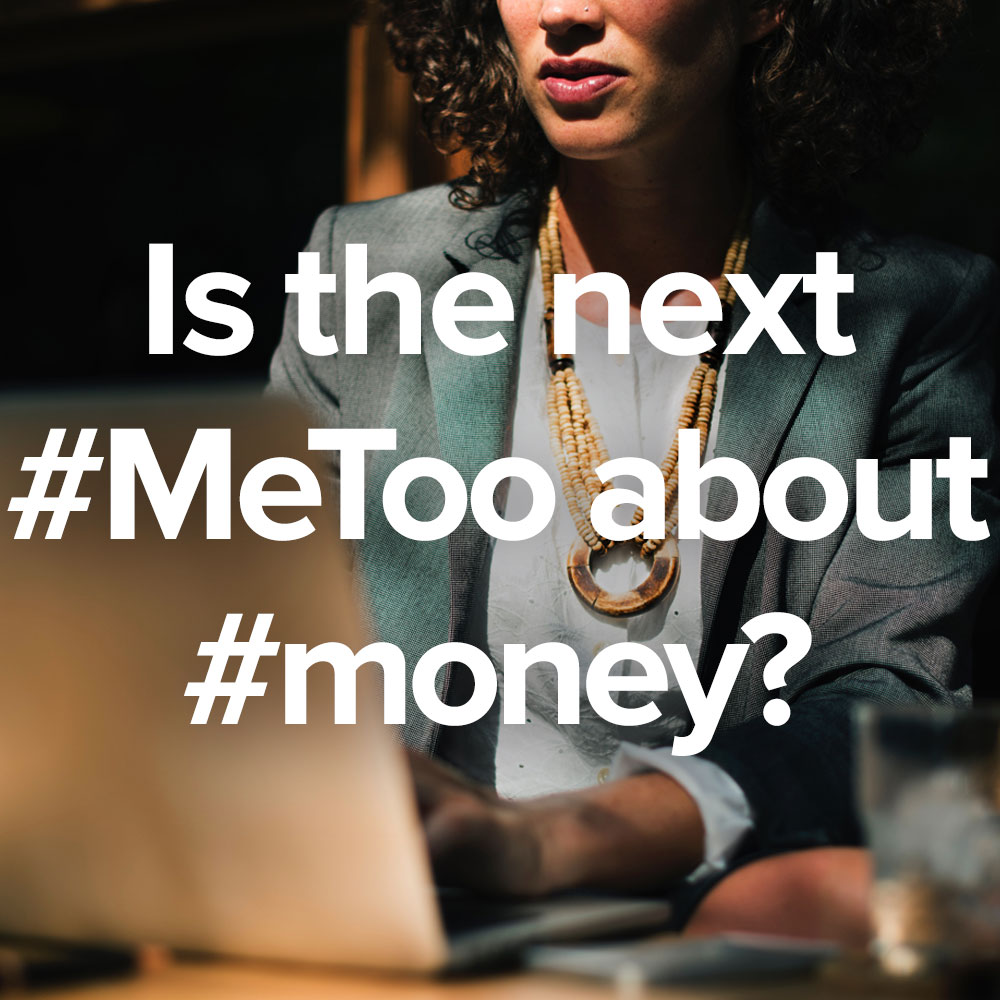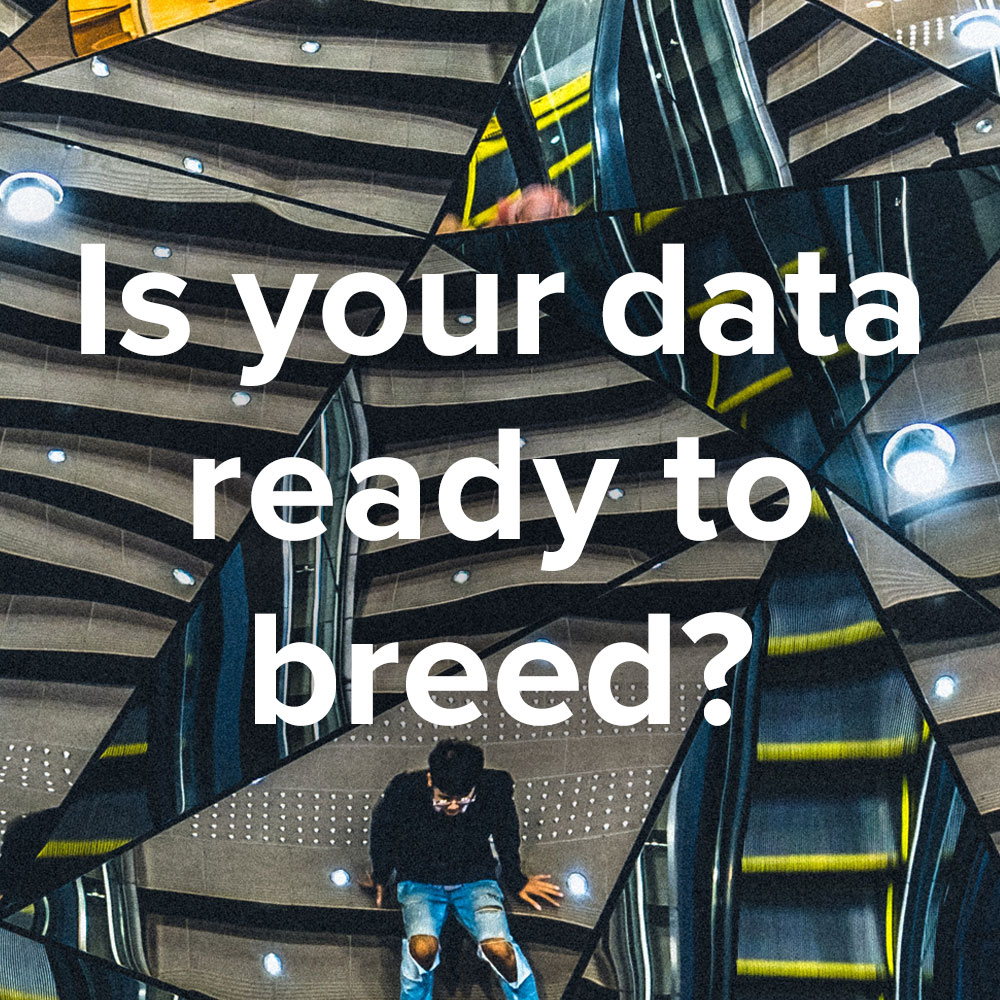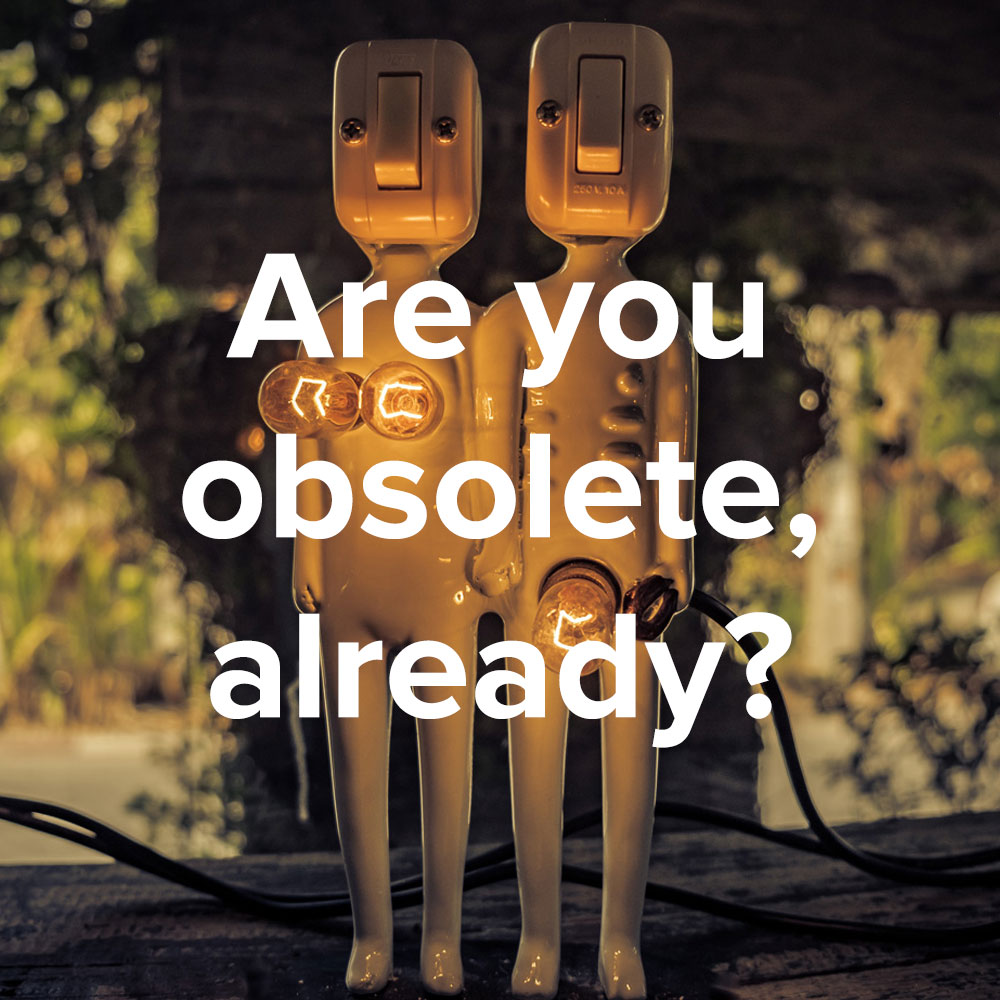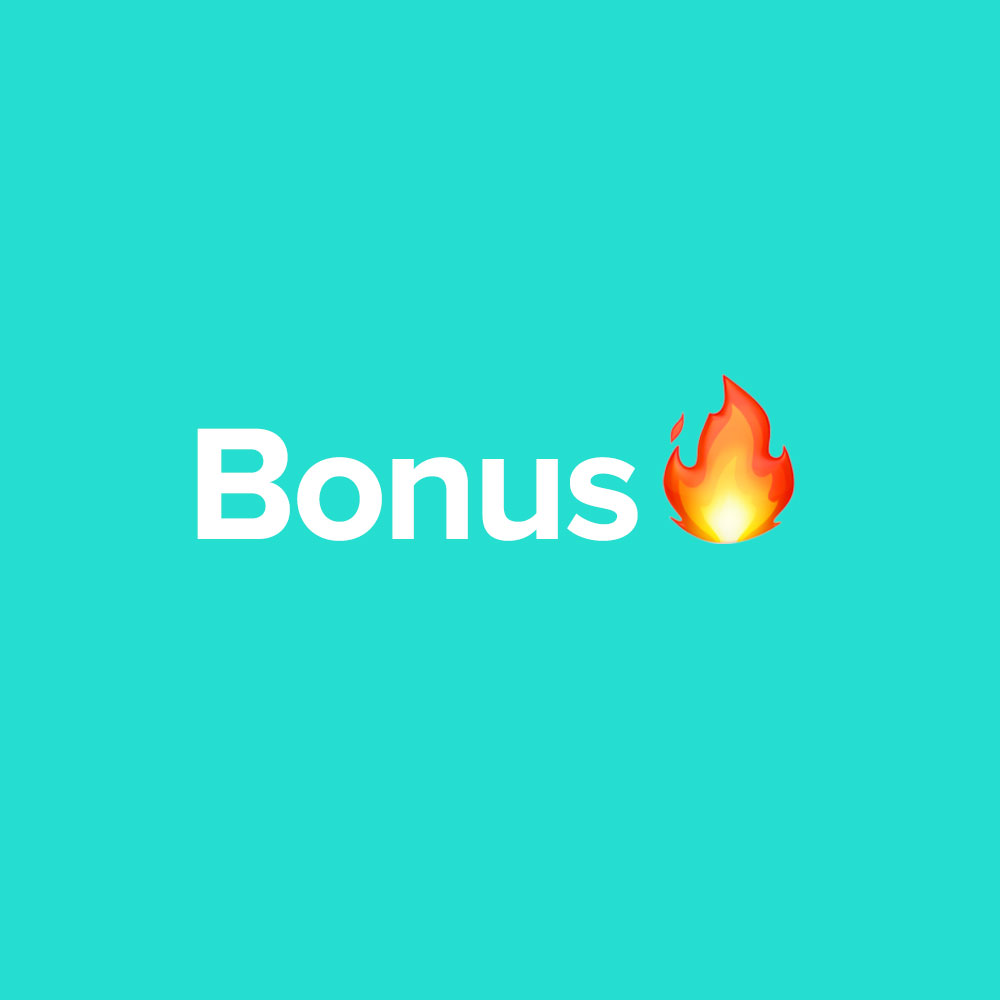“_________”
Cao on Green Energy.
So, you see, my interest is not only to help others develop a carbon credit platform based on blockchain, but also to help others really dream, to enable them to make their wider dreams come true.
— Cao Yin
Blockchain Evangelist, E-Citizen, Digital Nomad and Energy Blockchain Labs Founder
— Sunday night in Manhattan, the Creative by Collective NYC office entertained itself with Chinese food while waiting to interview Cao Yin, founding partner and chief strategy officer of Energy Blockchain Labs, a global company and IBM partner based in China that seeks to apply the embryonic distributed-ledger technology to the carbon credit system. While we were having dinner, it was daytime in Singapore, where Cao Yin had temporarily hung his hat. Monday morning to be exact. Had he just finished a breakfast of bacon, eggs and toast? Were our cultures meeting in the middle, borrowing the best of the other, to everyone’s benefit? Or is that too idealistic?
When you read on, you’ll discover that Cao Yin is, if nothing else, an idealist seeking a practical solution to one of the world’s biggest problems: climate change. His goal? To create green energy for virtually everyone—and profit for virtually no one. He knows how to get there, but the roadblocks are many in number, diverse in nature, and forbidding in strength. Forget the eggs. We hope he ate his Wheaties.
So, Cao Yin, how green is your blockchain? Tell us, if you would, about the relationship between blockchain and green energy and your role in connecting all of this.
Cao — A few years ago, I was leading a Chinese government task force on energy and the Internet. We discovered that blockchain is quite essential for the future infrastructure of the energy market in China. I quit and founded this company to run the task force commercially and to develop the infrastructure ourselves, based on blockchain, for the next generation energy market, not only in China, but also in developing countries. Developing countries are not only facing problems linking to energy supplies, but companies delivering off-grid power systems in South Africa, and in Indonesia, for example, are also confronted by entrenched interests and market structures in these countries. On the demand side, individuals looking to buy inexpensive energy cannot access the power due to very high electricity prices. But poor people have a very fundamental right to access electricity, especially green electricity.
That’s one part of our business. The other part is, we are researching how to base the monetary system on green energy and sustainable economic activities. We would like to cooperate with other blockchain companies to somehow innovate the cryptocurrency industry based on renewable energy, given our very limited environmental resources.
“We would like to cooperate with other blockchain companies to innovate the cryptocurrency industry based on renewable energy, given our very limited environmental resources.”
Is blockchain currently ready for such an industrial-level application?
No, it’s not that mature. We will have to make some sort of compromise and cooperate with a centralized entity. But the final purpose for us is to develop a totally decentralized platform for all kinds of small- and medium-sized renewable assets, including sustainable and carbon-emission-reduction activities, and to help with community-sized off-grid energy production and consumption projects.
To partially digress for a second, I’ve heard that blockchain technology uses a lot of energy, meaning, it’s not so green. That true?
Most of the energy the blockchain consumes is hydropower. It’s not a very carbon-intensive energy product. But, definitely, the blockchain is still wasting a lot of energy. But this is a problem of the first-generation blockchain system. They are now revolutionizing the blockchain consensus mechanism to be less energy-intensive. Consider that blockchain is not a very mature system. It’s very young, less than 10 years old. We should be patient with its development.
“Developing countries are not only facing problems linking to energy supplies, but companies delivering off-grid power systems are also confronted by entrenched interests and market structures.”
“On the demand side, individuals looking to buy inexpensive energy cannot access the power due to high electricity prices. But poor people have a fundamental right to access electricity, especially green electricity.”
How many years do you think it will take to use blockchain to make a system of carbon credits be the best it can be?
It depends on two things, starting with the agenda of the global carbon market. I’m not very confident in the global effort, especially the practical effort against climate change. The second thing is the blockchain technology itself, how long will it take to mature? I cannot give a very clear timetable, but I think we can deliver this system when the blockchain technology is totally ready, so within five years.
Is this something you can do alone?
No. We’ll definitely need a lot of technology efforts from other partners, so we are cooperating with some foreign partners now. Along with the technology development, it’s essential that there is a coalition, some organized joint force or system of partnership with those associations, task forces and other people with the influence to deliver, to implement these systems in other countries, or even on the whole planet. And what I also see is that this kind of project, this so-called carbon credit system, will definitely challenge some administrations, since we will have tokens, and the tokens will replace the fiat currencies. And that’s forbidden in some countries.
It sounds like in certain countries, you would want to take the profit motive out of this whole thing. And yet in other ones, you almost have to have it to get the government on board. You have a very big task in front of you.
We have to deliver our agenda step-by-step. First, we develop a system, cooperating with those centralized entities. Second, we have to be an evangelist in helping others in other countries to develop similar systems. Maybe our system will fail in China in the future, due to the centralized technology in China. But I think that in other countries, for example, in South America, like Argentina or Chile, or in Africa, like Ethiopia, or especially in Europe, for example, Estonia or Latvia, they are very ready for a decentralized system.
And also, it will help bring stable monetary systems to countries with failed currencies, like Zimbabwe, which will help them develop stable economies. We are very happy to facilitate others.
What about in the United States?
I don’t know.
“Along with the technology development, it’s essential that there is a coalition, some organized joint force or system of partnership with those associations, task forces and other people with the influence to deliver, to implement these systems in other countries, or even on the whole planet.”
What’s the biggest obstacle for you? The hardest thing for you guys to do to achieve your vision?
To achieve our full agenda, we should somehow have four kinds of abilities. The first is to have a very strong development team, a coding team, an architecture team. Second, we should have true expertise on green energy and the carbon market. It’s not just coding but necessary surrounding knowledge as well. Third, we should be evangelists, mobilizing other people and resources. Change is not a one-man job. It’s about talking, developing, helping each other. And fourth, we should be ready to sacrifice our project to enable others. We should be very open to competitors; actually, we should deem no one a competitor, and everyone as a co-operator or a successor to our project, our idea.
This is not very common inside the blockchain community, in China or in other countries. The blockchain companies are always attacking others, criticizing each other’s projects, but we should not act like this. So, you see, that to fulfill our task, we should not only be technologically and economically ready, but we also should have the right mentality. The competitors for blockchain projects are not other blockchain projects, but the centralized system that’s been in place for a long time. This is the rival.
“The competitors for blockchain projects are not other blockchain projects, but the centralized system that’s been in place for a long time. This is the rival.”
It sounds to me like you’re appealing to the good in people, that they should approach this whole thing with what’s best for everybody in mind, instead of what’s best for themselves?
Yes.
Now, here in the United States, that’s a tough sell, because here it’s all about what’s good for us as a people and as a country.
I see the same thing in China. Same thing in every country.
What can someone do in their personal lives, or work lives, that would help you make your dream a reality?
Contact us. Let us know your plans and see what we can do for you. We can help perfect ideas, offer technological support, or find someone in the blockchain world who can. And we can let you use our platforms in your countries to register and record carbon credit emission activities. Blockchain is not a technology; it’s ideologically based.
Have you had any luck branching your efforts out of China?
Yes. I am cooperating with the Estonian government to develop the so-called digital nation project, with the idea of providing access to very poor people. So, you see, my interest is not only to help others develop a carbon credit platform based on blockchain, but also to help others really dream, to enable them to make their wider dreams come true.
Thank you for sharing your vision on green energy and blockchain technology, Cao Yin!



